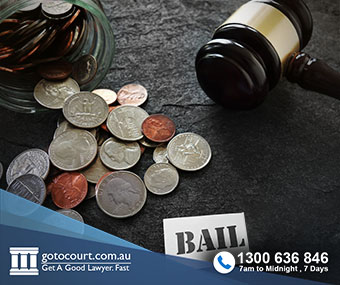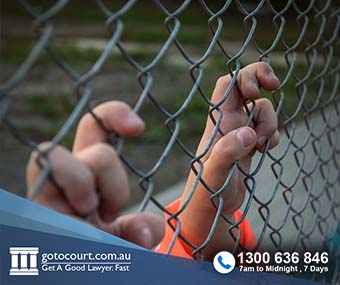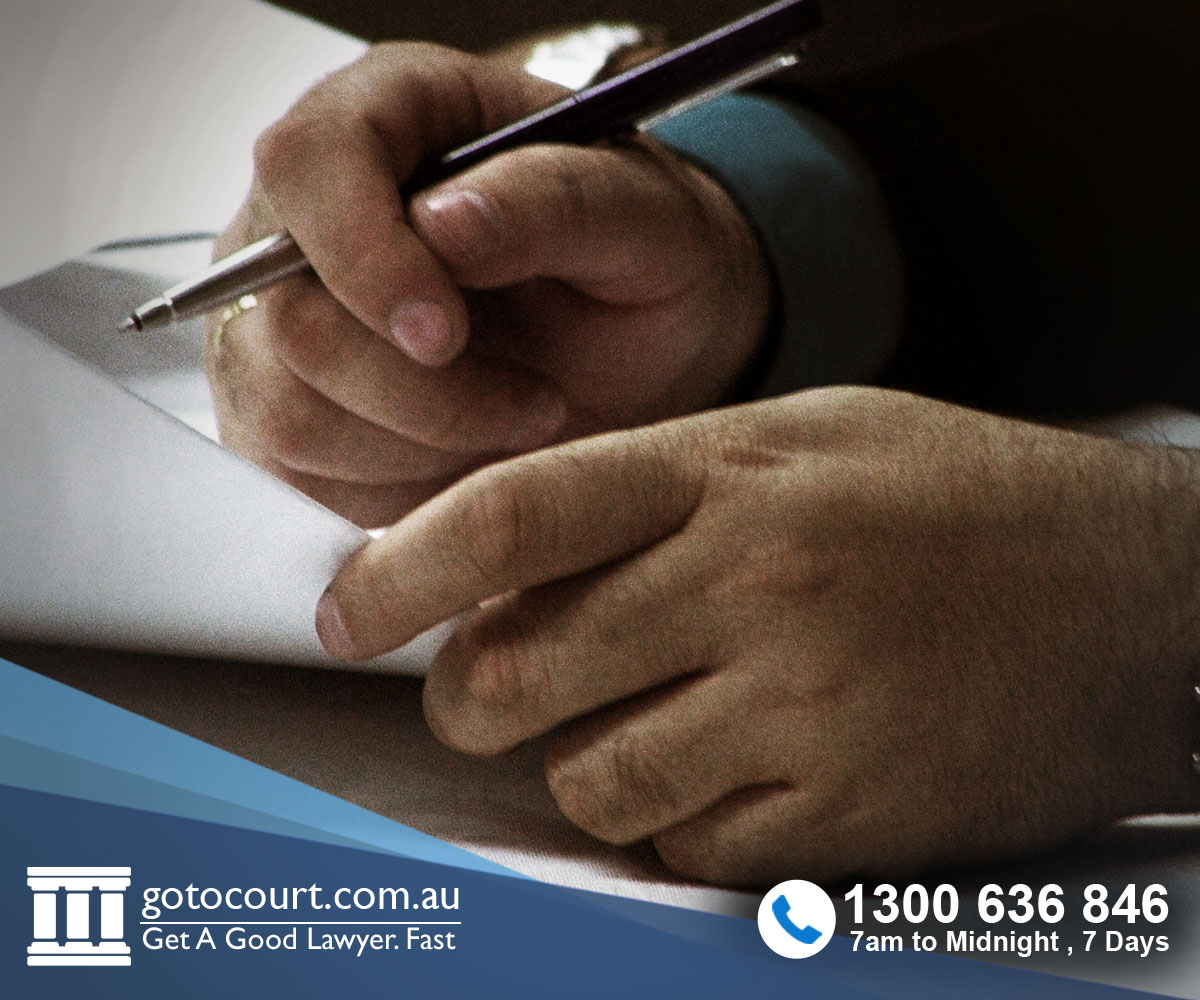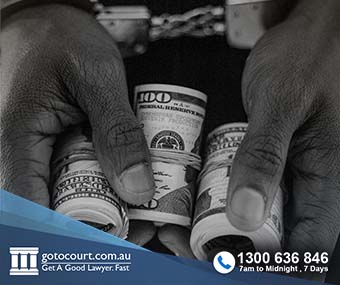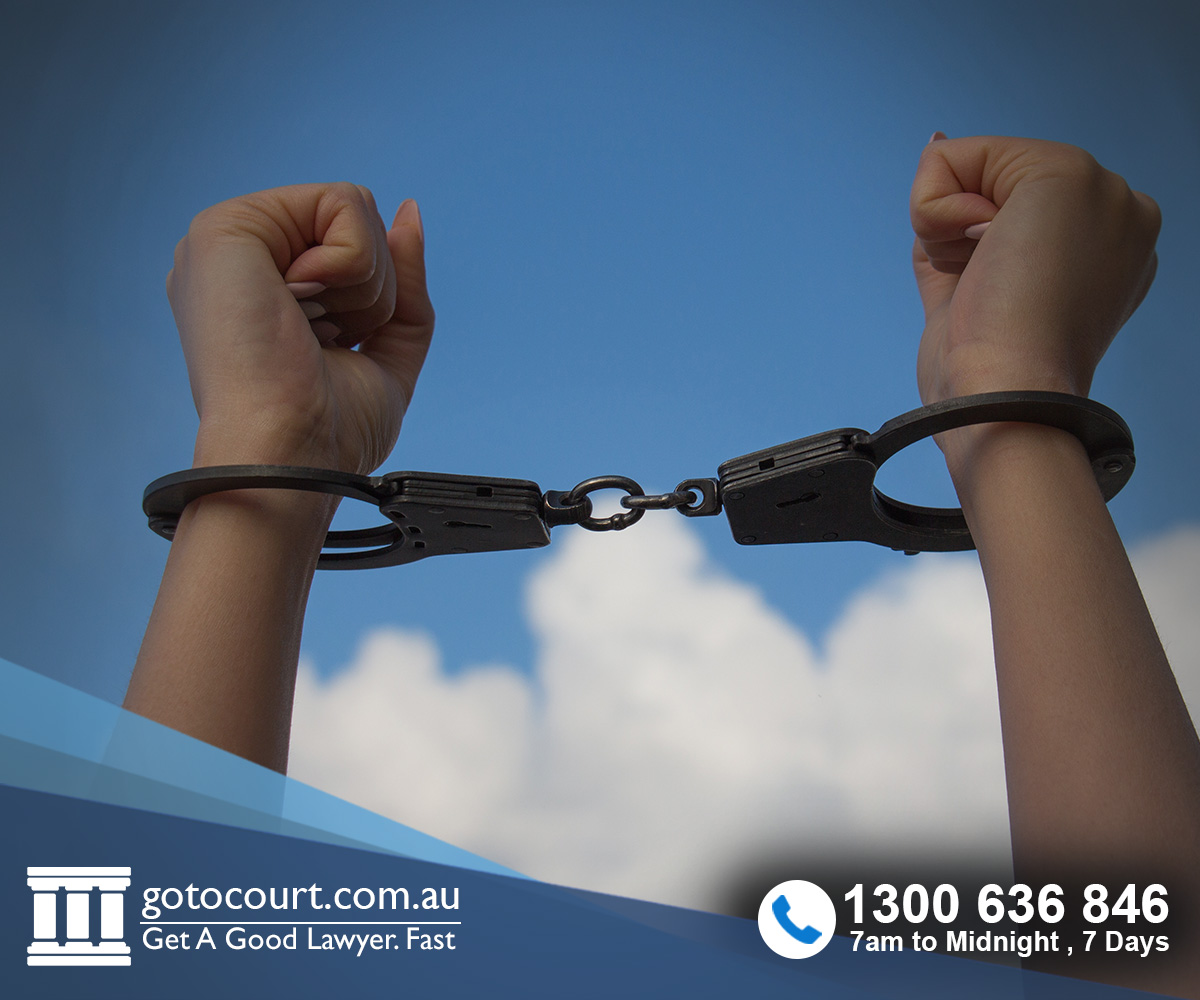Call our lawyers
now
or,
have our lawyers
call you
Applying For Bail in the Children’s Court of Victoria (Vic)
Updated on Oct 12, 2022 • 4 min read • 422 views • Copy Link
Applying For Bail in the Children’s Court of Victoria (Vic)
When a person is charged with criminal offences in Victoria, they may be released on bail or remanded in custody. Bail applications by children are governed by the Bail Act 1977 and the Children, Youth and Families Act 2005. This page deals with applying for bail in the Children’s Court in Victoria.
Police bail and court bail
Bail may be granted by the police or by a court. When a person under 18 is charged with offences and refused bail by the police, they must be brought to a court as soon as possible and given the opportunity to apply for bail. This will occur in the Children’s Court.
Applying for bail in the Children’s Court
When any person applies for bail, the court will not release them if it considers that there is an unacceptable risk that they would:
- Endanger the safety of a person;
- Commit an offence;
- Interfere with a witness or obstruct the course of justice;
- Fail to surrender into custody when required to do so.
If the court has concerns about releasing a person on bail, it must consider whether these concerns can be mitigated by imposing bail conditions. If they cannot, bail must be refused. This is the same regardless of whether the applicant is an adult or a child.
Extra considerations when applicant is a child
When a person under 18 applies for bail, the court must also consider the following factors, which are set out in section 3B of the Bail Act.
- The need to consider all other options before remanding a child;
- The need to preserve the relationship between the child and their family or caregivers;
- The desirability of allowing the child’s living arrangements to continue uninterrupted;
- The desirability of allowing the child’s education or employment to continue uninterrupted;
- The need to minimise the stigma to the child from being remanded in custody;
- The likely sentence if the child is found guilty;
- The need to ensure that bail conditions are no more onerous than necessary.
Bail conditions
When a young person is granted bail, the court may impose a range of bail conditions to address any concerns it has about their release. The conditions must be reasonable, not unduly onerous and consistent with any other orders the young person is subject to (such as an intervention order).
Bail conditions may include:
- To live at a specified address;
- To attend school;
- To abide by a curfew;
- To abstain from alcohol or other drugs;
- Not to have contact with specified persons (such as alleged co-offenders or victims).
Breach of bail in Victoria
A young person in Victoria can breach their bail in several ways.
It is a breach of bail to fail to appear at court when required to do so. This is also a criminal offence under section 30 of the Bail Act. The maximum penalty for this offence is imprisonment for two years.
It is a breach of bail to commit an indictable offence whilst on bail. This is also a criminal offence under section 30B of the Bail Act. It carries a maximum penalty of imprisonment for three months or a fine of 30 penalty units.
It is also a breach of bail to contravene a bail condition such as a condition that a young person must attend school while on bail. This type of breach of bail does not amount to a criminal offence when committed by a young person (though it is an offence for an adult).
When a young person breaches their bail, the court may revoke, vary or continue bail as well as imposing a sentence for the breach (if it is a breach that amounts to an offence). If bail is revoked because of a breach, the young person will be remanded in detention.
Remand
If a young person is not granted bail, they are kept in a youth detention centre until their matter is finalised or until they are granted bail. When a young person is in custody, they must be held separately to any adults who are also in custody. This means that when a young person is temporarily held in the cells at court or in a police station, they must be in a separate cell from any adults.
If you require legal advice or representation in any legal matter, please contact Go To Court Lawyers.

Affordable Lawyers
Our Go To Court Lawyers will assist you in all areas of law. We specialise in providing legal advice urgently – at the time when you need it most. If you need a lawyer right now, today, we can help you – no matter where you are in Australia.How It Works







1. You speak directly to a lawyer
When you call the Go To Court Legal Hotline, you will be connected directly to a lawyer, every time.


2. Get your legal situation assessed
We determine the best way forward in your legal matter, free of charge. If you want to go ahead and book a face-to-face appointment, we will connect you with a specialist in your local area.


3. We arrange everything as needed
If you want to go ahead and book a fact-to-face appointment, we will connect you with a specialist in your local area no matter where you are and even at very short notice.





